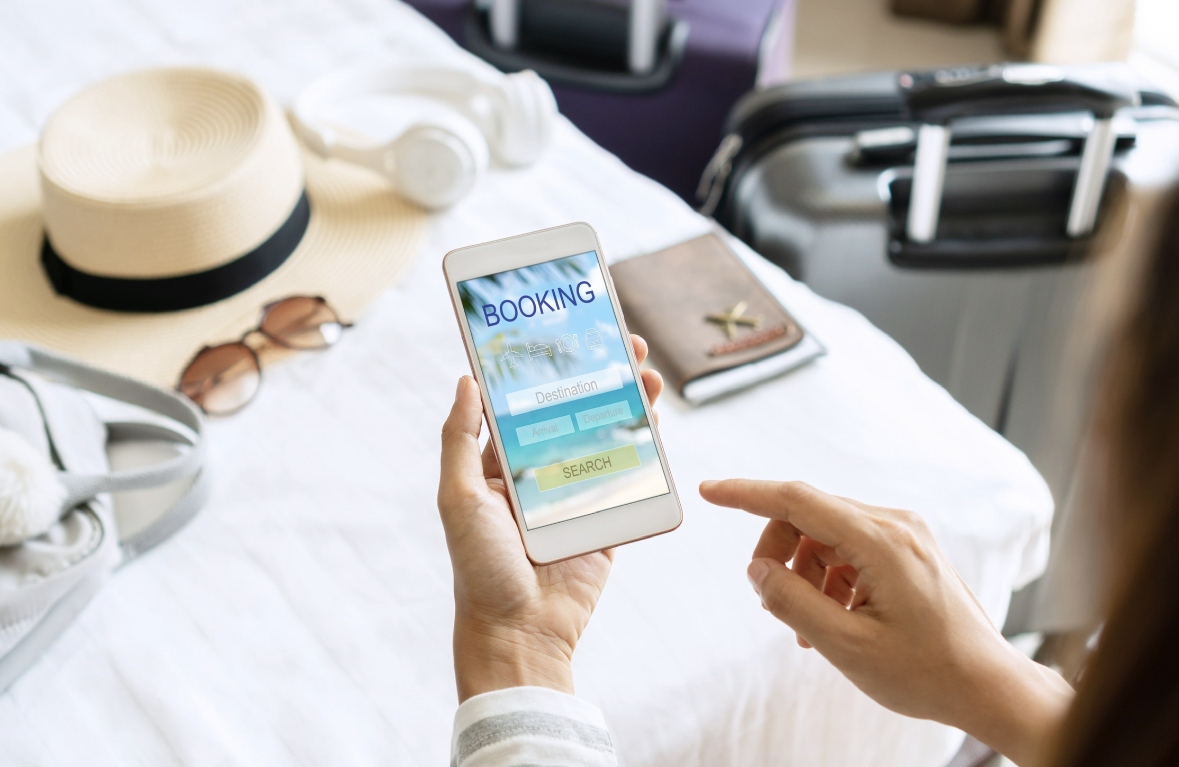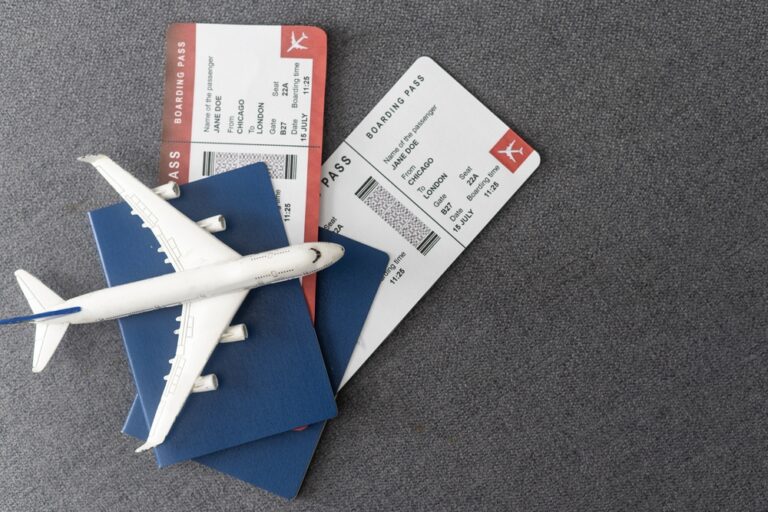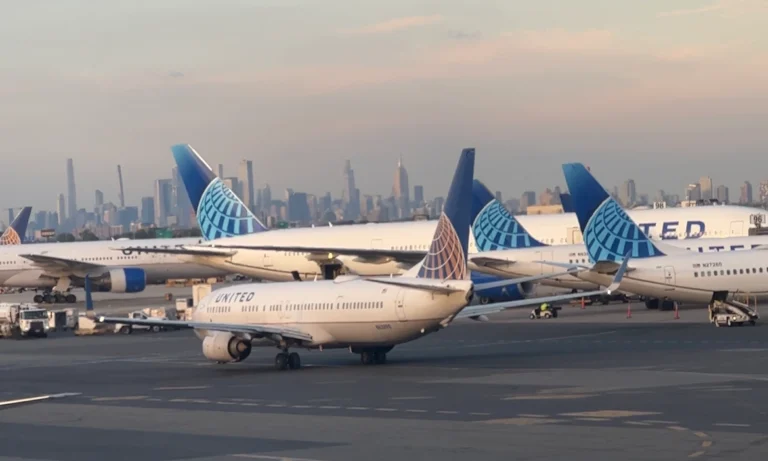‘Skiplagging’: A Controversial Travel Hack For Booking Tickets
Frequent flyers can confirm that air travel has become more expensive due to fuel costs, inflation, and even post-pandemic demand. This has led some travelers to participate in the controversial practice known as skiplagging to obtain cheaper tickets. Ah, but what, you ask, is skiplagging?
What is Skiplagging?
Skiplagging is the action of booking a specific flight that has a layover in one’s intended destination and then “skipping” the second leg of the flight. For example, if a traveler wanted to fly from Los Angeles to Tokyo, he might book a flight that flies from Los Angeles to Beijing via Tokyo and then disembark in Tokyo. This can often be less expensive than actually booking a direct flight to Tokyo because individual airlines frequently lower the prices for connecting flights to better compete with other airlines that offer direct flights.
Skiplagging also saves travelers money if a specific airport charges higher fees for those who deplane at a specific destination than travelers who only pass through it. For example, flying from Sydney to Melbourne can be more expensive than flying from Sydney to Adelaide via Melbourne because of the significant difference in airport fees.
Risks and Drawbacks
Skiplagging sounds like a clever, money-saving hack. Unfortunately, it involves some risks and drawbacks. For Instance, you are limited to your carry-ons because if you check any baggage it will be shipped to the final destination on your ticket.
In addition, this trick only works one way because when you skip any portion of your itinerary, the airline may automatically cancel the remainder of your tickets. Moreover, you could face consequences from the airline. If they catch you skiplagging, the airline might take away all your frequent flier miles, ban you from ever flying with them again, or even take you to court for violating their official contract of carriage.
Skiplagging is also arguably unethical since it deprives an airline of income and creates issues for other travelers and airline employees. When you skip a leg of your flight, you waste a seat that could have been sold to another person or used by a standby passenger. Additionally, you disrupt both the flight schedule and the boarding process. Furthermore, you add to environmental damage by increasing the carbon footprint of your purchased flight without actually completing it.
Legitimacy
Skiplagging may arguably seem like a legitimate method if taking advantage of the inconsistencies and inefficiencies of airline pricing, however, experts are now advising against it. In the long run, travelers are better off using other methods of saving money. They should consider booking well in advance, utilizing flexible dates and travel rewards programs, and comparing different websites and airlines.
Finally, travelers are advised against it because airlines are focused on preventing it. In 2019, a travel analyst and the co-founder of Atmosphere Research Group, Henry Harteveldt, told the press: “Booking unusual itineraries could raise red flags…[the airlines] could flag and monitor you while you fly. You may get a letter or corporate security meeting you at the gate. The airlines‘ intention is to…recover what they perceive to be lost revenue.”







